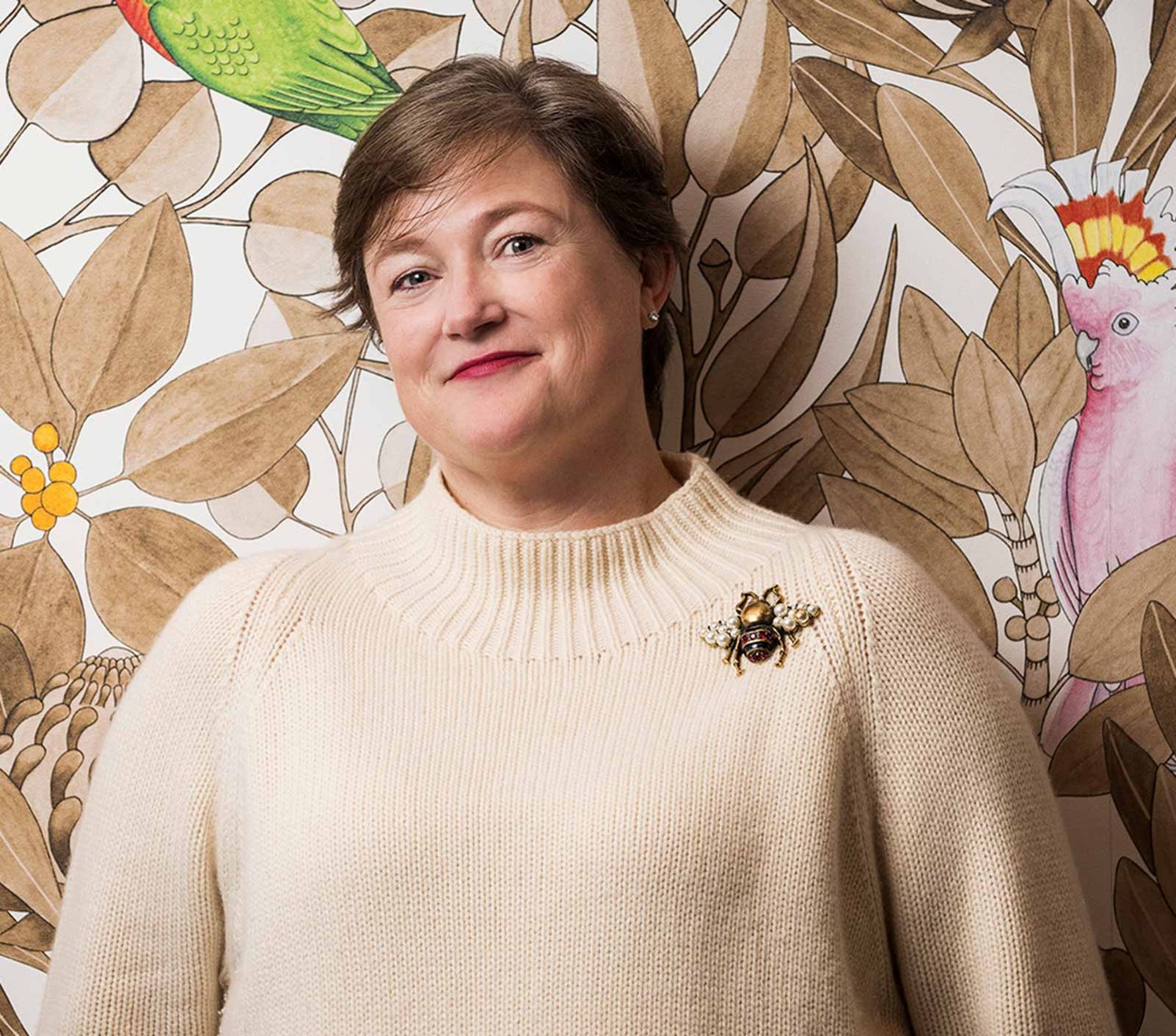
It is the time of the year when summer should be enlisted to bring you a slightly more relaxed perspective on the world. A deckchair will do, or a towel on a beach – somewhere your mind can float free of the concerns that buffet you for the rest of the calendar year.
Ten years ago at this time, Andy Haldane, the then-chief economist at the Bank of England, floated out a lengthy but influential speech entitled ‘The dog and the frisbee’.
His thesis was that the way a dog catches a frisbee and the way we catch a frisbee are very similar. We instinctively go for the simplest way of catching it effectively. And if we all used the same fundamentals in creating and implementing regulation, for example, life would become simpler, too. As Haldane put it: ‘Selective unclogging of the cognitive inbox can make for better decisions’.
And that is why we are sitting in our summer deckchair, or equivalent – to let our minds drift. As the management editor of The Economist put it when recommending business books for the beach: ‘The idea of a summer read is that it should provide an escape from the office, not yet another way to think about it. In an ideal world people would pack several PG Wodehouses and switch off entirely.’
The most important point about lowering your centre of gravity as you sink into the deckchair is that you take care to gently descend below the level where politicians are bickering, shouting and, almost invariably, getting everything wrong.

The UK is the second largest exporter of services in the world. Remember this in our summer holiday reveries
Simple thoughts
You could think about tax, for example, but think about how it could be made simpler. If it were simpler, then the arguments would be clearer. To help us in our deckchair, the independent Office Of Tax Simplification issued a report in mid-July, Review of simplification, setting out how it and the government could prioritise simplification efforts across the next five years.
‘Are the rules, their purpose and their consequences easy to understand and predict?’ was a starting point. And the answer ought to be: They should be. Obviously.
So how to get there? The OTS answer is that ‘the principle of simplification should be embedded in the general tax policymaking process’. And a fundamental question should be asked of all tax: ‘Are the tax rules logical, with their purpose understood and the outcomes of choices clear and running with the grain of the lives and businesses they encompass? Do they add complexity when taken in aggregate with the immediate and wider existing rules?’
If that did go up on neon signs in every room where tax policy was being formulated, there might be a chance that life, and tax, might become simpler.
Or you could look at the recent report from the Resolution Foundation thinktank and the London School of Economics. As you might surmise from its title, Stagnation Nation, it chronicles a tale of absolute economic woe. You will not hear a murmur of this from any politician so we should keep our heads down low in our holiday deckchair.
It’s not all bad
On the other hand, the report is full of optimistic trends from the service sector of the economy so we should probably train our thoughts there. ‘No one celebrates it’, it concludes, ‘but the UK is the second largest exporter of services in the world.’ Remember that in our summer holiday reverie.
‘We are living through an extraordinary revolution in science, technology, medicine and the creative arts’
Meanwhile, the OECD projects that the UK will have the lowest growth in the G20. At this point we could check and see if the deckchair can be booked for at least a year ahead. But as we slump down, the panama hat pulled even further over our eyes, we might find that we have been looking at the wrong indicators. Bronwen Maddox stepped down as director of the Institute of Government in July and had much to say about politicians and their behaviour in her valedictory lecture.
But the purpose of our summer sojourn is not to think of such things. We should focus on what she said when answering questions after her lecture. She was asked what, if anything, still made her optimistic. ‘We are living through an extraordinary revolution in science, in technology, in medicine, and in the creative arts’, she said. ‘This country is astoundingly good at it’.
She talked of ‘the sheer sense of excitement at what is being achieved’, of ‘the incredible verbal creative gifts of this country’. Then she recalled what someone had told her as he retired out of the NHS. He had said: ‘I just cannot believe my luck in having seen these discoveries in things like diagnostics, in the ability to work out really quickly what is wrong with someone and tailor their medicine to them’.
The anonymous medic had concluded by telling her: ‘I feel so lucky after all these long decades that I am suddenly living through this’. And that is where we should perhaps close our eyes in the late afternoon haze and dream of the possibilities ahead.


